
‘Forced to leave’: what Ruddock’s review heard about LGBTI people at religious schools
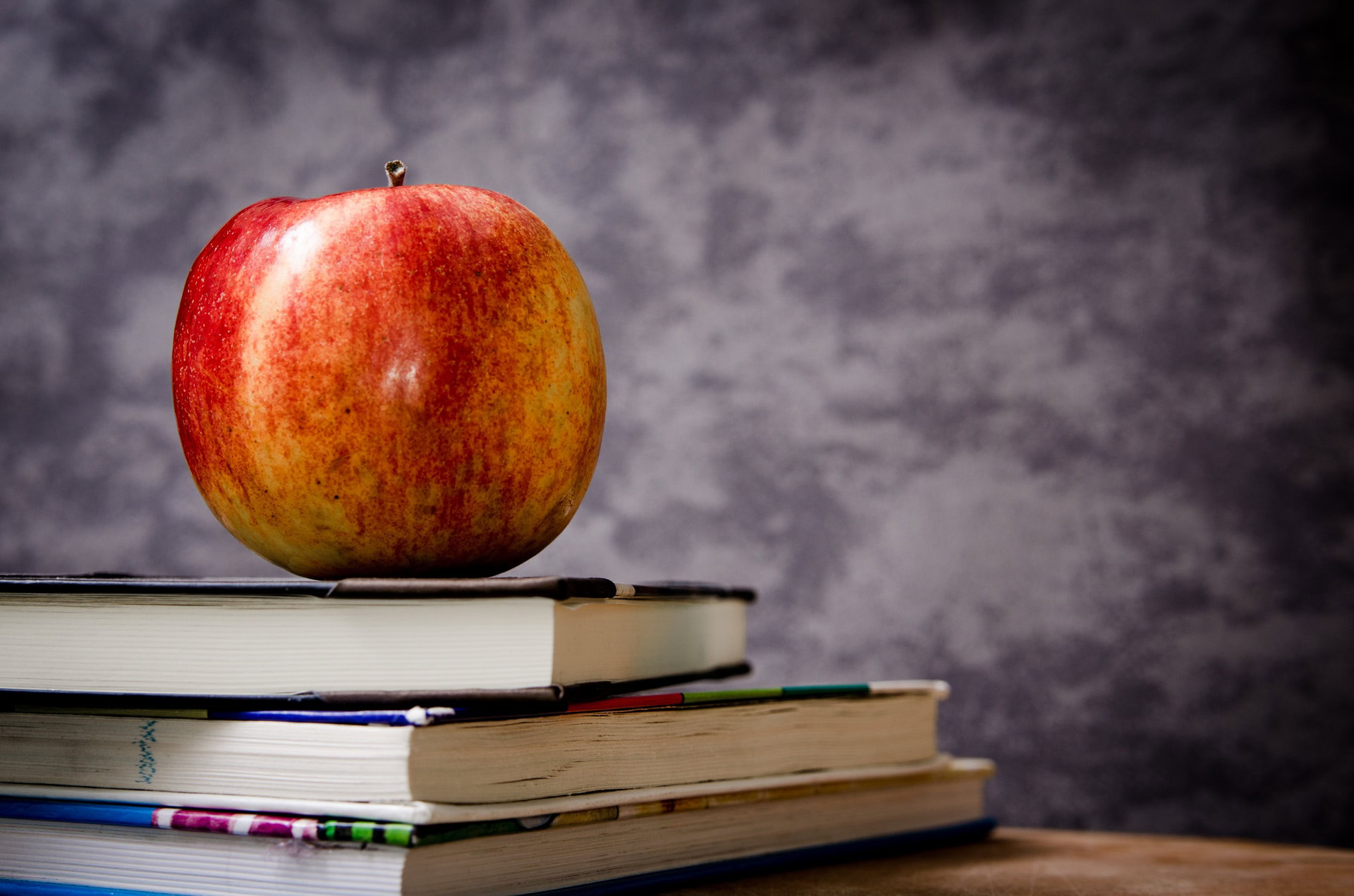
Proponents of religious freedoms have repeatedly claimed that there are no examples of staff or students experiencing discrimination for being LGBTI at religious schools.
This week, former Prime Minister John Howard claimed that “nobody wants to expel gay kids and to my knowledge it’s not happening”, calling it “the greatest red herring imaginable.”
But the full review into religious freedoms, conducted by former Attorney-General Philip Ruddock, details hearing from people who had experienced exactly that.
In review notes the “wide variety of religious schools in Australia” and that they each take different approaches in “selecting, or preferencing, students from families that uphold the religious ethos of the school.”
“One school mentioned that it has declined enrolments on the basis that it thought that enrolment at the school would not be positive for the child.”
The review heard from one school which “said that their process is to explain that the school’s traditional view of marriage will be taught in school, but that the parents are welcome to join the school community regardless and that several same-sex couples decided to send their children to that school.”
Regarding the position of LGBTI students at religious schools, the review notes that discrimination had occurred, leaving students with very little recourse.
“When asked during consultations, many faith-based schools reassured the Panel that they would not expel students solely because they came out as same-sex attracted.
“However, the Panel also heard that some instances of discrimination did occur against students in schools and that students were forced to leave as the school was not supportive of them coming out.
“Some groups, including at least one State-based human rights institution, argued that discrimination against children is a special category and should not be allowed.
“The Panel heard that LGBTI youth are an at-risk group for mental health issues and, due to a fear of outing themselves, are less likely to seek services or assistance from their teachers and school counsellors.
“The Panel heard accounts of LGBTI youth who felt bullied and unsupported at religious schools, particularly where schools adopted a stance that was less accepting of homosexual relationships generally.
“It was reported that many students are discovering their sexual orientation and gender identity in their mid-teens, during high school, and that this includes students in religious schools.
“A number of groups argued that these children should not be forced to leave their school communities at the vulnerable stage when their sexual orientation and gender identity first become apparent.
“On the other hand, the Panel was reassured by religious schools that they were aware of these issues and were committed to work with and support their LGBTI students.
“The Panel also heard accounts of some LGBTI students who were well supported by religious schools that nevertheless maintained conservative views about sexuality generally.”
The review nevertheless goes on to recommend, as previously reported, that religious schools be allowed to discriminate if the discrimination is “founded in the precepts of the religion”, is outlined in a school policy made available to parents, or if the discriminatory decision “has regard to the best interests of the child as the primary consideration in its conduct.”
Findings around employment of teachers and staff were similar, with the panel hearing “reports of religious schools terminating the employment of staff on the basis of their sexuality, despite the staff not openly discussing those issues in the school.
“The Panel also heard examples of religious schools having made a decision to continue the employment of teachers whose sexuality put them at odds with the school’s faith-based teachings on relationships and marriage, to celebrate the inclusivity of the school community and to send a positive message to young people.
“LGBTI communities spoke of the stress and mental health pressures placed on teachers and other staff who felt compelled to hide important aspects of their identity from colleagues and students, and who felt they were prevented from full participation in the school community.
“The Panel heard of individuals ‘editing’ the way they presented themselves to others, depending on the context.
“These groups also pointed to the indirect impact on students of creating environments that were unaccepting of LGBTI people.”
The review also describes the uncertainty surrounding schools’ application of discrimination exemptions, as well as the need for teachers to modulate their behaviour at work.
“Examples were given of teachers who were ‘out’ in all other aspects of their life, but not ‘out’ at work, because they were unsure whether their employer would be accepting, or would choose to dismiss them.
“A further example was given of an employee at a religious school who was employed despite being open about being same-sex attracted. Later, when the leadership of the school changed, that teacher was dismissed on the basis of his sexuality.”
The review noted the significant impact these instances can have in rural communities “where there is very little choice of school for both students and teachers, especially given that religious schools make up a significant portion of the education sector.”
The recommendations made in regards to the position of LGBTI staff at religious schools under discrimination law mirrored those for LGBTI students, with the exception of the “best interests” provision.
These issues would be addressed by Prime Minister Scott Morrison’s proposed laws, which he will attempt to push through a hung parliament in 2019.
Failing that, the topic of religious freedoms – and the placement of LGBTI people at such whims – will remain a political cudgel all the way through to the federal election in May.




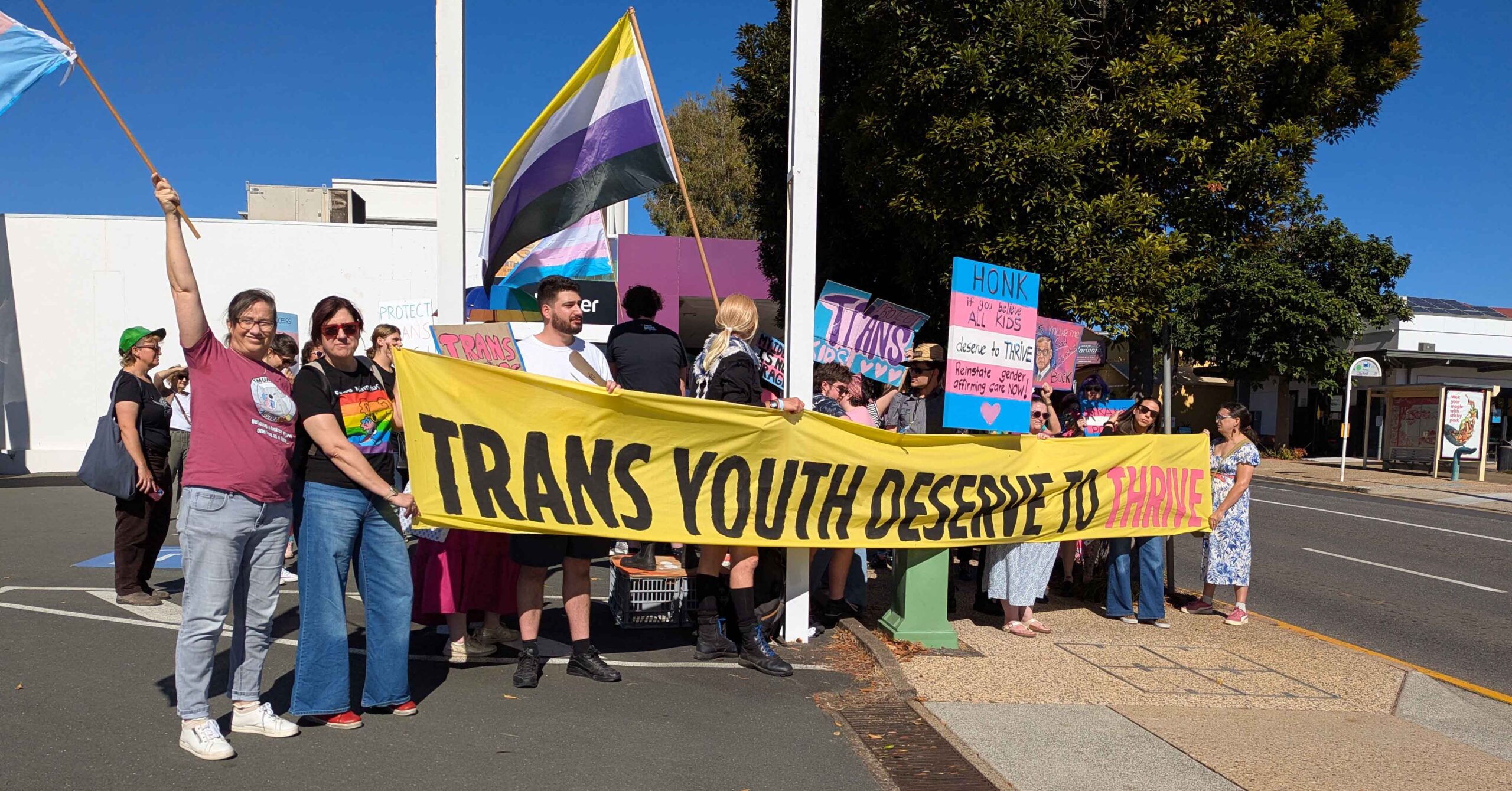

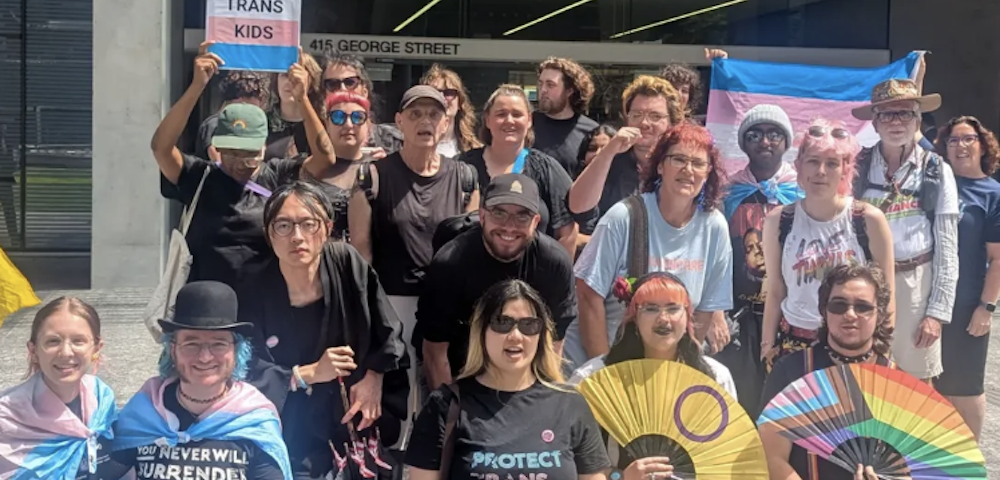
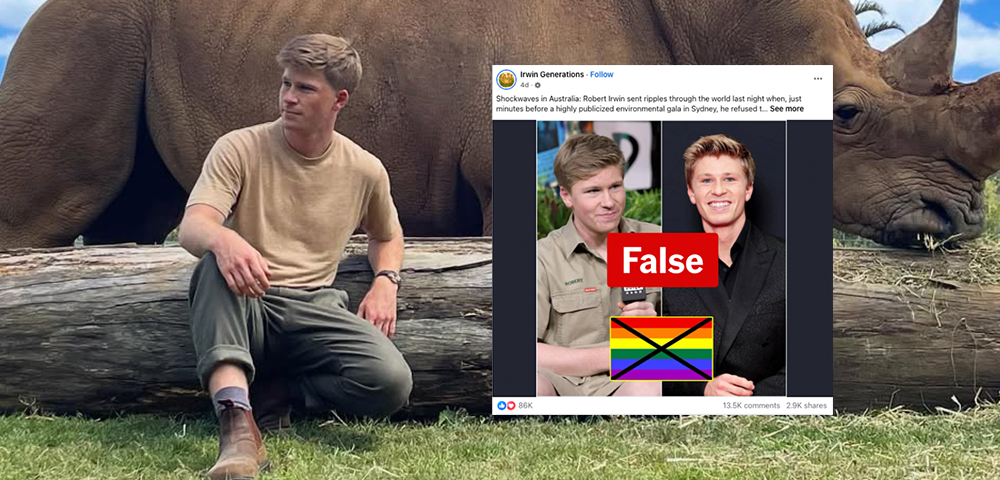
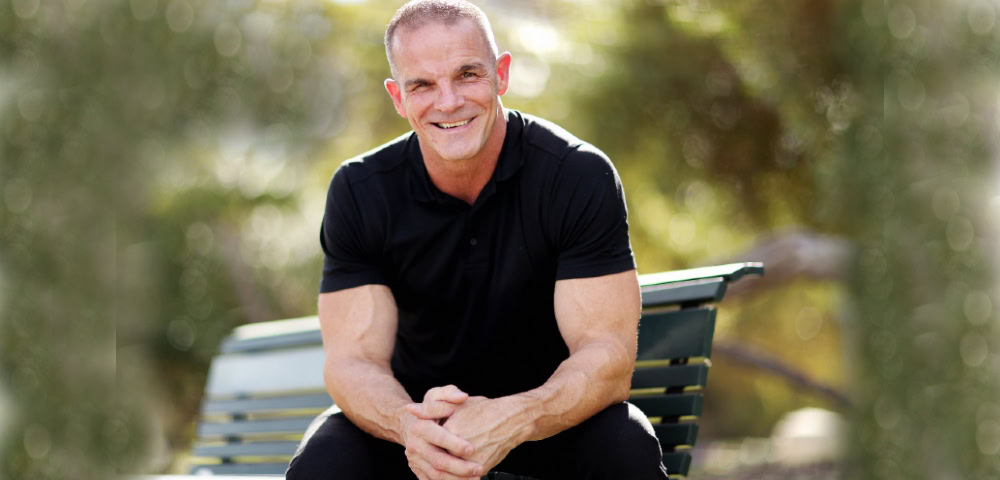
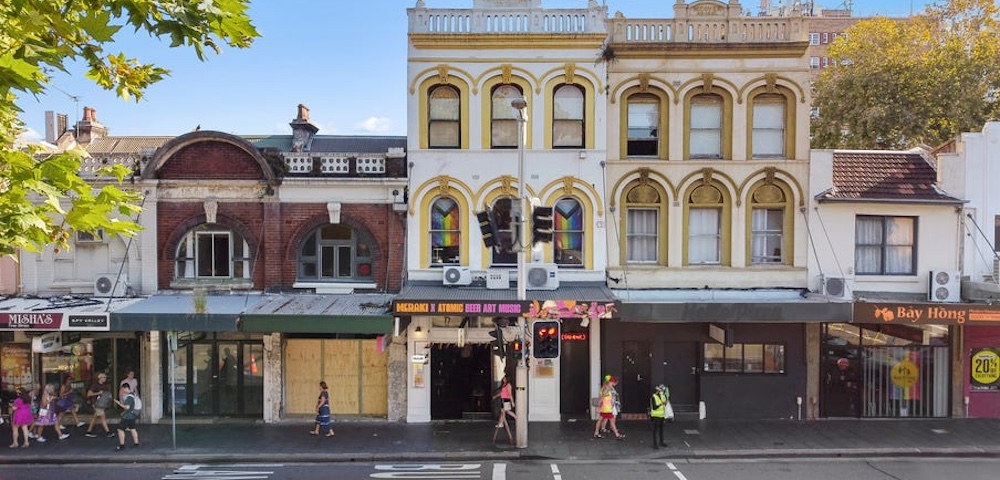
As an avid Howard-watcher since the 1980’s, his quote about “nobody wants to expel gay kids” is crap, he wants to do just that, but he’s been forced into this line by Scott Morrison.
For me, it’s like the Simpsons episode where Homer is hooked up to a lie detector and the investigator says “We’re going to start by asking some basic questions to establish a baseline, then we’ll get onto the real questions, do you understand?” to which Homer replies “Yes” and the lie detector machine immediately explodes, smoke pouring from the remains.
Hook Johnny Howard up to a lie detector then ask him if nobody wants to expel gay kids and if he says “Yes” then dive for cover, that machine’s going to blow.